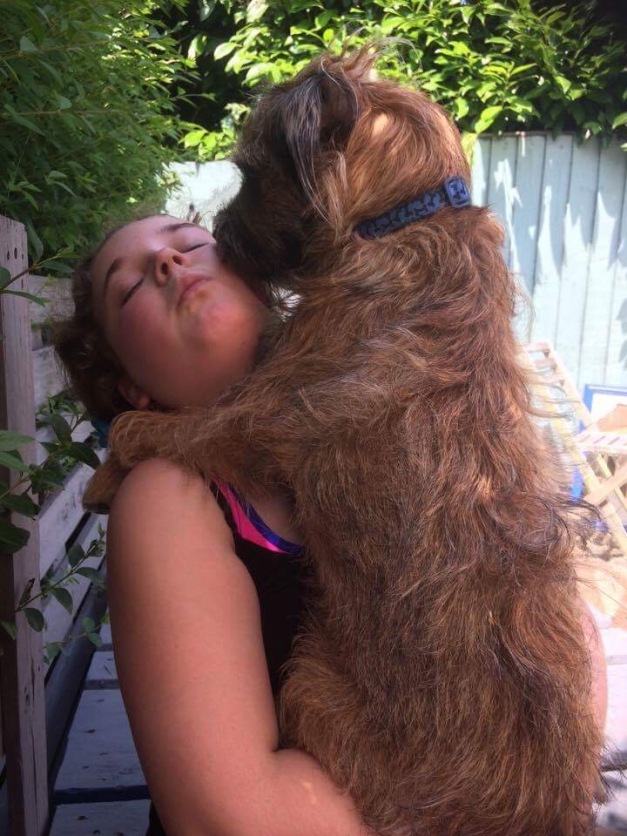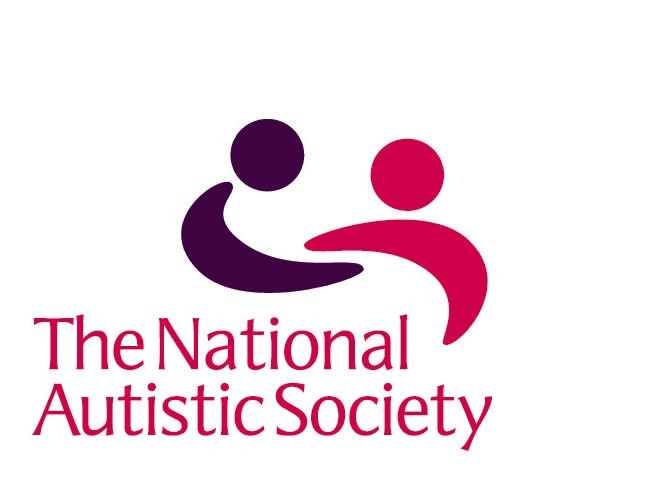It’s been a while since I posted anything here. Mainly because I haven’t really had anything “news-worthy” to report and also because I’ve been quite stressed out. All that came to a head this morning……
So back in the early summer of last year (2017) I was “forcefully” referred to see a psychiatrist. I say forcefully because I didn’t ask to be seen, nor did I want to be seen and I was told I had no choice – that to me is force. It all came about because here in Nottinghamshire, GPs aren’t allowed to prescribe Ritalin (methylphenidate) – it must be done under the care and supervision of a psychiatrist. Moving has caused chaos. It was different in Devon. In Devon I was under DANA (Devon Autism and ADHD service). There I saw a psychiatric nurse once a year for a medication review. The GP was then instructed to prescribe and monitor BP etc. This worked well for all involved but mainly for me. Sadly for me Nottinghamshire is very different. Here Ritalin is classed as a “Red Drug” and cannot be prescribed by a GP, even with the go-ahead of a psychiatrist. So back in the summer, after one GP point blank refusing to prescribe Ritalin, I was “urgently” referred to see the psychiatrist here. It’s now the end of February 2018 and I’ve just had my “urgent” appointment. All I can say is thank goodness I wasn’t in crisis. Thankfully the psychiatrist has been writing my prescriptions while I’ve been on the waiting list. Phew.
So that’s a bit of background on things…..so anyway with my appointment looming I’ve been getting gradually more and more anxious over the past few months. I made sure the GP made the psychiatrist aware of PDA and I’ve been doing my normal preparation of reducing demands etc but it hasn’t really helped. The problem is I almost have a fear of psychiatrists. It’s certainly a very strong dislike of what they do. I can honestly say, hand on heart, that I have never had a good experience when seeing a psychiatrist – and this morning was no different. Like I said I’d done all my preparation and psyched myself up as much as possible but it was still terrifying. For days before I’ve had palpitations, sweats and trouble settling my mind. I’ve felt sick, had tummy-ache and felt tearful. And all over a 1 hour appointment. As soon as we walked into the room I knew we were in for nightmare time…..he asked about my attachment to my mother, wanted me to talk about my negative experiences at school and throughout my childhood in general and he wanted me to talk about my biological dad (who is in prison and who hasn’t seen me since I was 3 weeks old). He also hinted that he’d like me to have psychotherapy! Yeah, yeah – ain’t happening pal! I don’t have “issues” that I need to talk about. I’m fine. He kept mentioning my relationship and attachment to my mum, as if hinting at some kind of attachment disorder being the reason I am the way I am. My negative experiences as a child are in no way the cause of why I am the way I am – my issues started from birth! I tried to point this out. He asked me why I didn’t go out unless I “had to” – I don’t know why but they all seem to pick this one apart. I don’t think he realised/understood that my psychosis is a real diagnosis. He said he didn’t like patients using Google and insinuated that it’s something I’ve guessed at. I pointed out that I was diagnosed at 11 by a top-drawer psychiatrist and prescribed a strong antipsychotic medication for it, which I still take to this day, so hardly a case of google-my-symptoms-and-panic. Let’s also not forget that we didn’t have the internet back then (1994) let alone Google! So I’m sat there answering his pointless and intrusive questions and praying for the hour to end when he says to me “you look like a rabbit caught in the headlights” – that for me was the only correct observation he made! He also commented that people with psychosis don’t normally have insight into their condition!?!?? He then proceeded to ask me why I had an issue with the label of Emotionally Unstable Personality Disorder – I said I didn’t if it was the correct label. If he thinks he can stick that label on me and magic away my PDA then he’s got a surprise coming! Another psychiatrist tried to stick that label on me when he refused to acknowledge my diagnosis of PDA. I fought and had it removed from my notes. I’m more than happy to do that again. Another rather interesting comment from him was “you don’t actually have a diagnosis of autism” – hmm…..that’s technically correct but seeing as I have a diagnosis of PDA, which is a type of autism, I don’t need a separate ASD diagnosis. This stumped him a little I feel. I also had to tell him that Elizabeth Newson had passed away 3 times before it sank in and also he kept asking me what her qualifications were……anyone would think he’d never heard of Google!

So now for the best bit, the reason for the title of this blog post, the reason why I’m so angry and the reason I was so fearful going into this morning’s appointment. The Ritalin issue. At the end he announced that “according to text books it’s unusual for someone of my age to still be taking Ritalin” and “that by now he would have thought my symptoms would have reduced”. With this in mind he went on to say that he wants to see me again in 6 months with a view to reducing the Ritalin and in time stopping it altogether! Shoot me now! I said it ain’t happening but he just told me not to worry and that 6 months is a long way off! WTF! I just about held it together until we got to the car. I still can’t believe it. I feared this would happen. I had a gut feeling but I hoped I was wrong. What gives him the right to walk (forcefully) into my life, judge me for an hour and the decide the rest of my life based on what a crappy (and probably outdated) text book says! This might sound dramatic but my life as I know it will end without Ritalin (or a very good substitute). I won’t be able to function. I will damage relationships again. I will become someone I don’t like. I won’t be able to think straight. To function. To manage. Even basic stuff will become a struggle. I will have 2 demons to contend with – the PDA and the ADHD. At the moment the Ritalin takes care of 90% of my ADHD symptoms, leaving me enough in the tank to handle the PDA side of things. Take the Ritalin away and I’m left with what??? 2 demons I know I won’t have the strength to fight day in and day out. I feel helpless right now. Sad too. I’m sad for me. I’m sad for the people I love and care about. I’ve been taking it for 23 years. It’s not fair. How can he do this?! As for his comment about 6 months being a long way off – really! Has he ever met anyone with PDA before?! Has he ever met anyone with ASD before?! 6 months is now logged in my brain, like a countdown to impending doom, and there it will stay until that dreaded day actually comes. I won’t be able to forget it and move on. It’s there now. Logged and counting down.
Not much else to say on this really other than I’m angry, upset, I hate shrinks even more now and I wish that they would leave me alone to live my life in peace! Not too much to ask is it?!
I’m now off to sleep before I call the GP to update her……
Hope you all liked the title 👍 – peace 💜
UPDATE
I spoke to my GP last night and she’s prescribed me Propranolol. It won’t help with the mental aspect of my anxiety but it should help with the physical side of my anxiety (chest pain, sweats and palpitations etc). She’s also going to request a second opinion for me. 👍



































